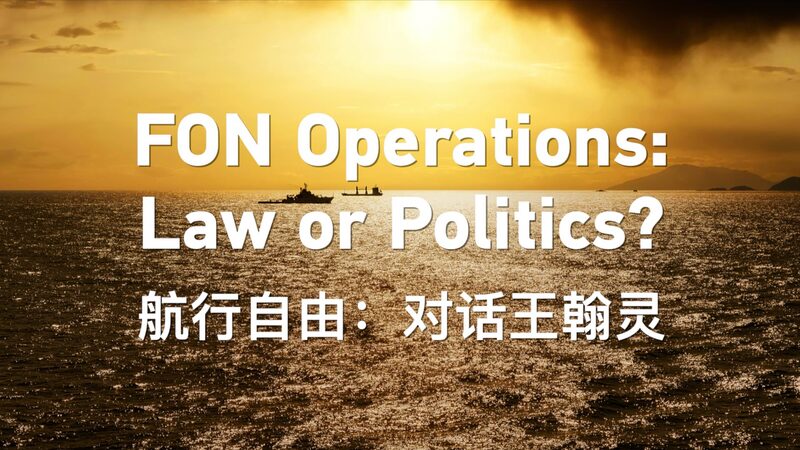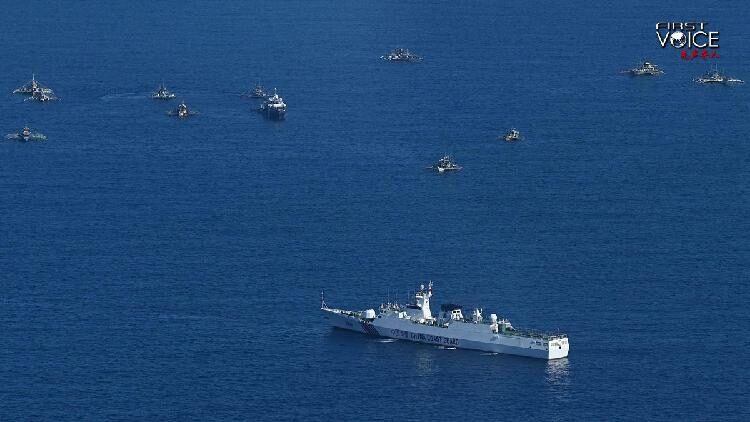A prominent Chinese legal scholar has raised concerns over the legitimacy of the United States’ Freedom of Navigation Operations (FONOPs) in the South China Sea. Wang Hanling, an expert in the law of the sea, asserts that these operations lack a basis in international law and are driven by political motives.
The South China Sea has long been a focal point of territorial disputes involving several countries in the region. The US has conducted FONOPs in the area, asserting the right to navigate waters it considers international. However, Wang argues that these actions escalate tensions and undermine regional stability.
“The US is using FONOPs as a tool to project power and interfere in regional affairs,” Wang said. “Such operations are not about upholding international law but about pursuing their own political agenda.”
Wang’s comments reflect ongoing debates about the role of major powers in the South China Sea and highlight concerns over the militarization of the region. As nations in the Global South watch these developments, questions arise about sovereignty, international law, and the balance of power.
Observers note that dialogue and cooperation are essential to resolving disputes peacefully. Wang emphasizes the need for countries involved to adhere to international agreements and for external powers to respect regional efforts toward stability.
Reference(s):
cgtn.com








